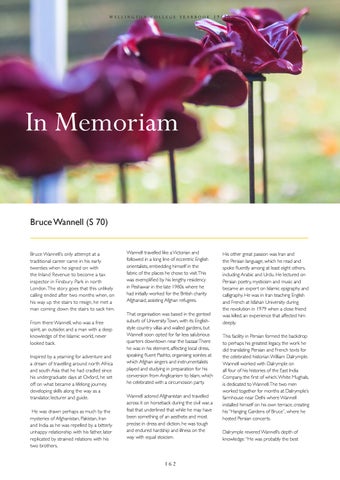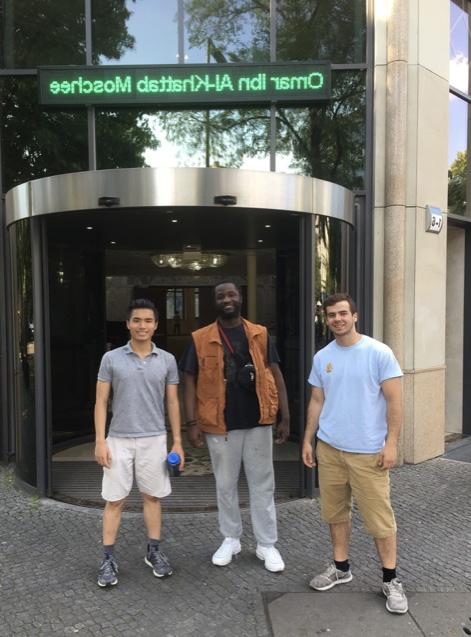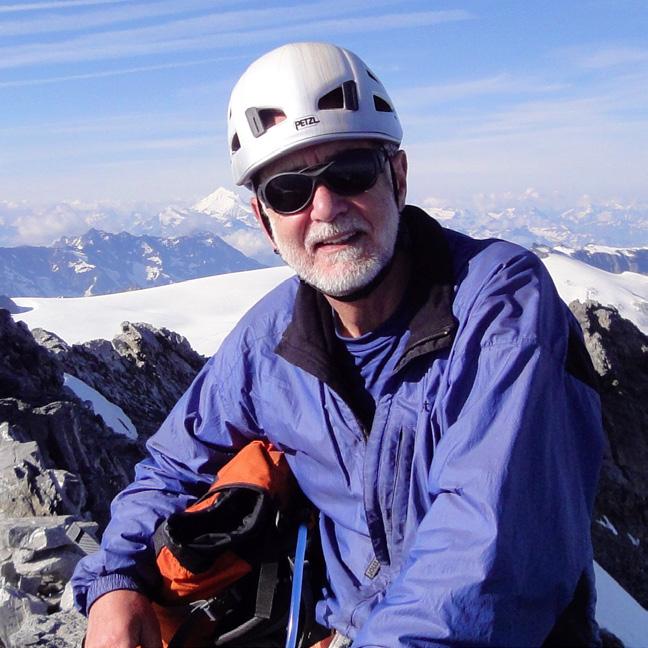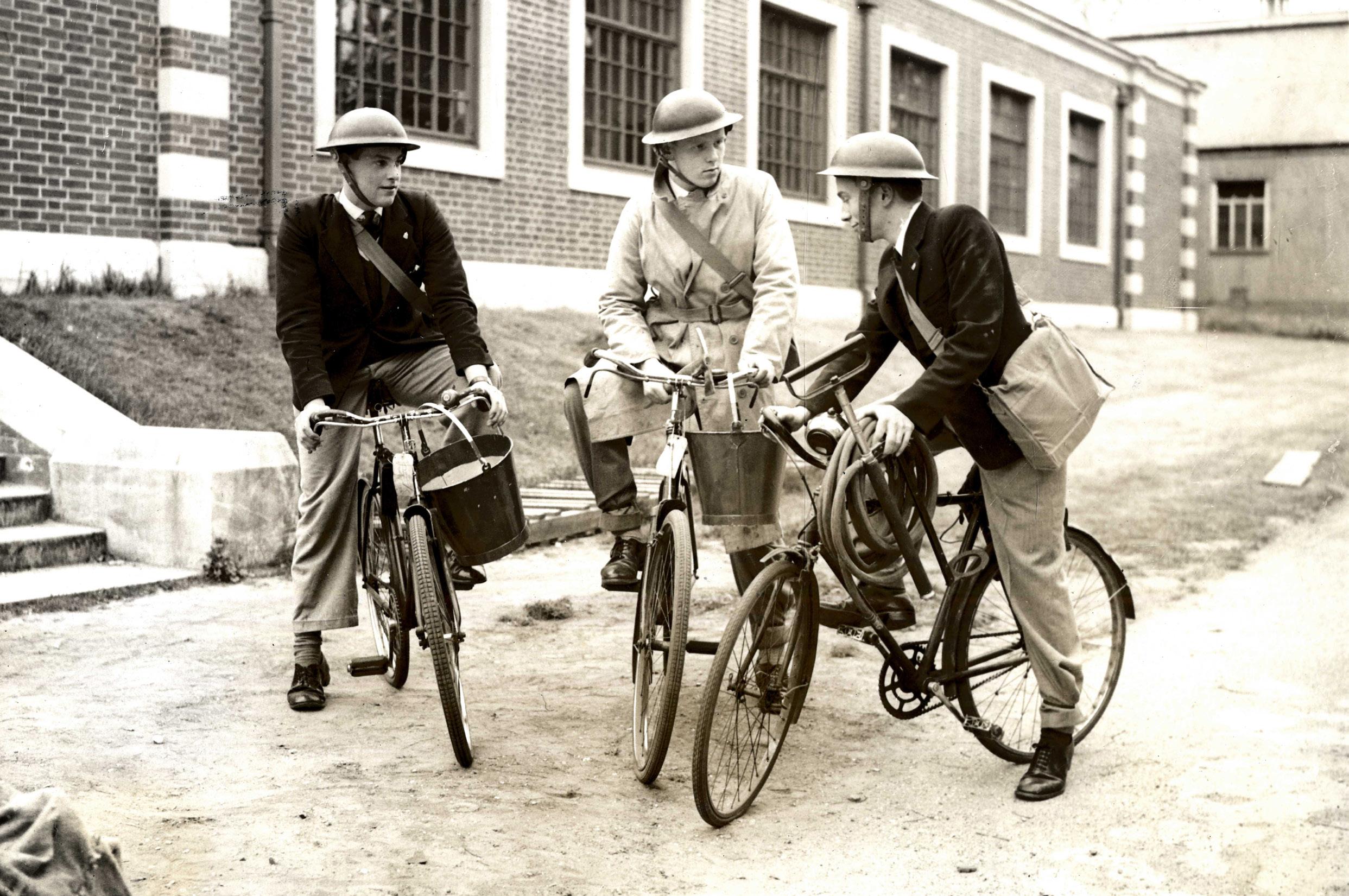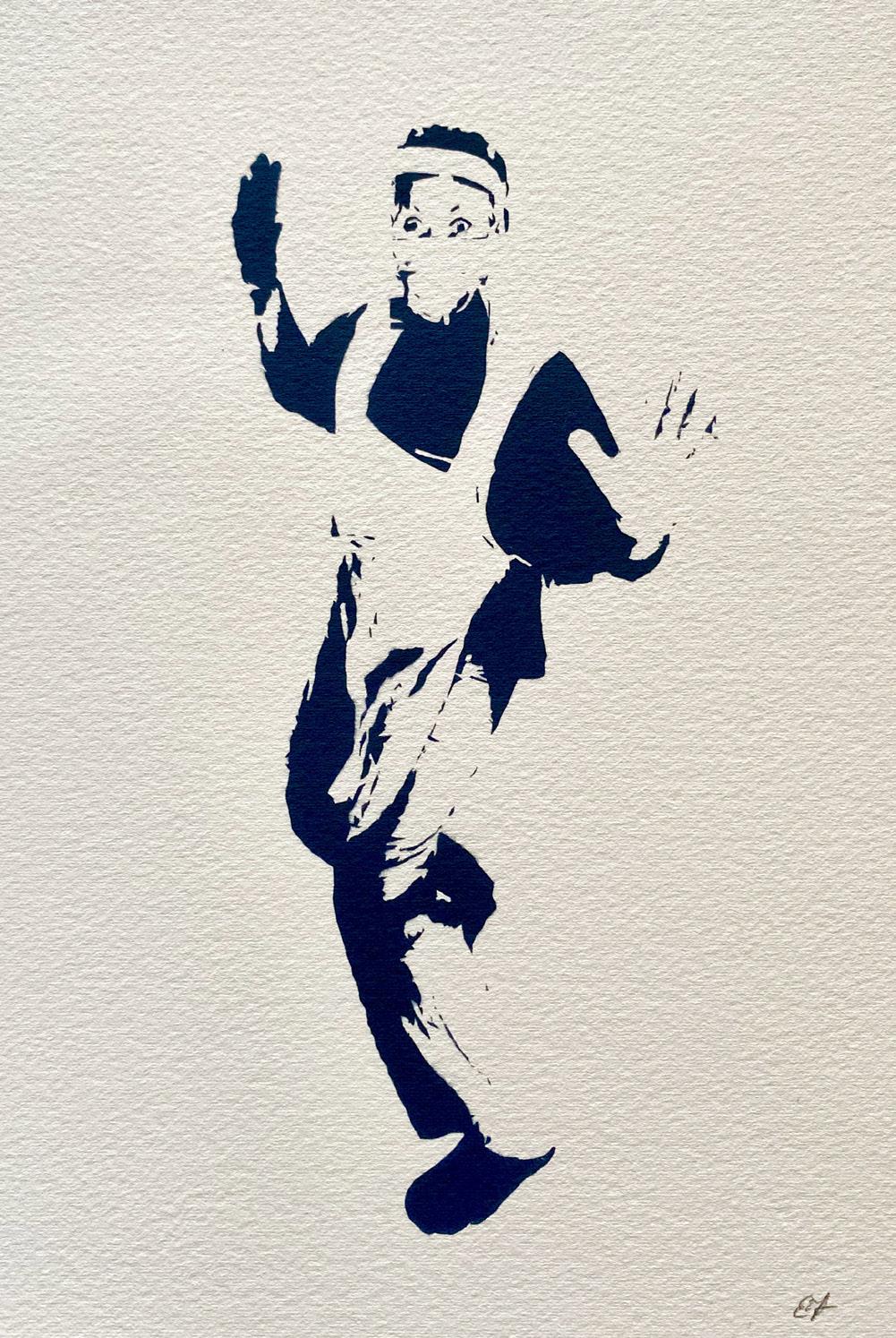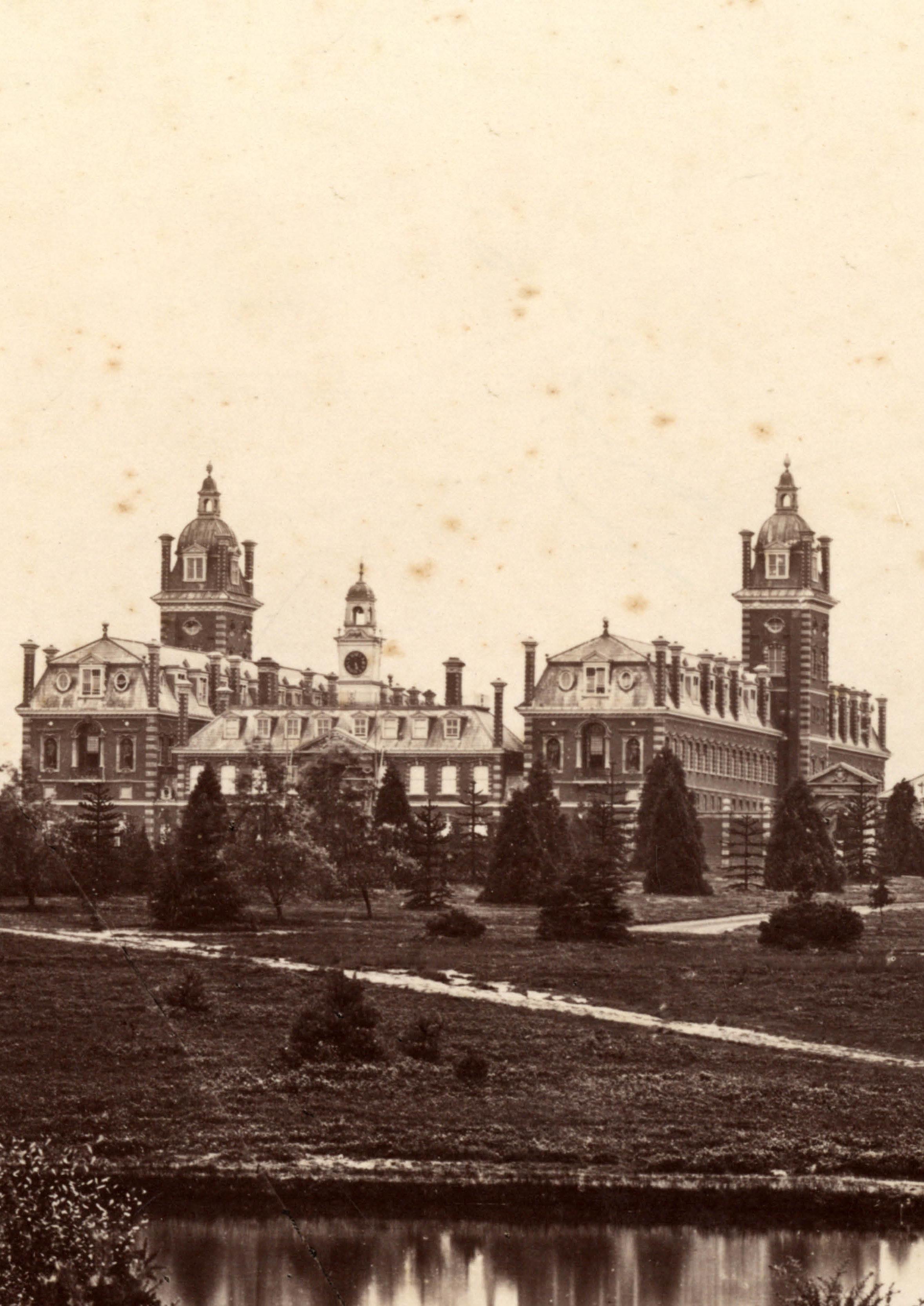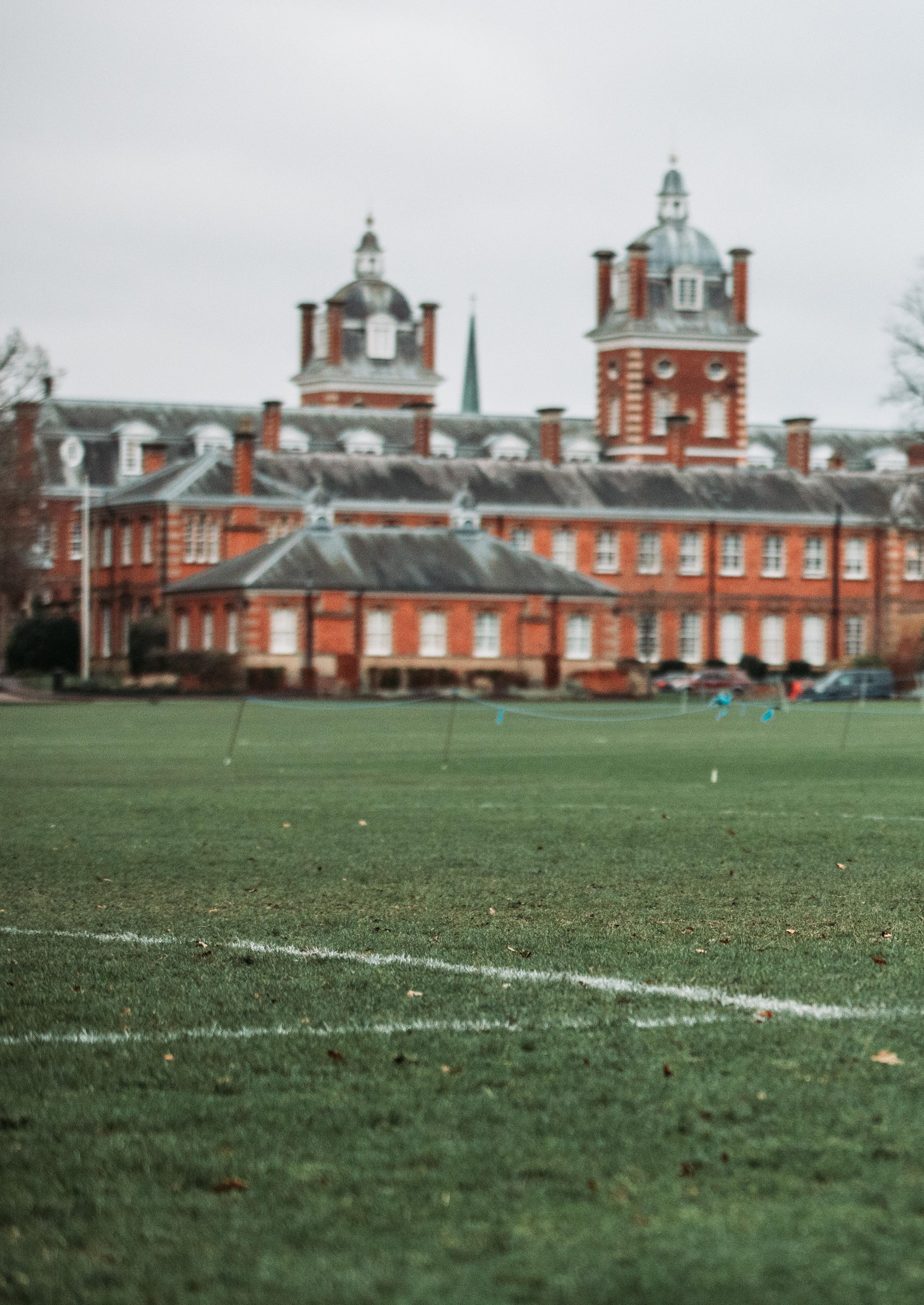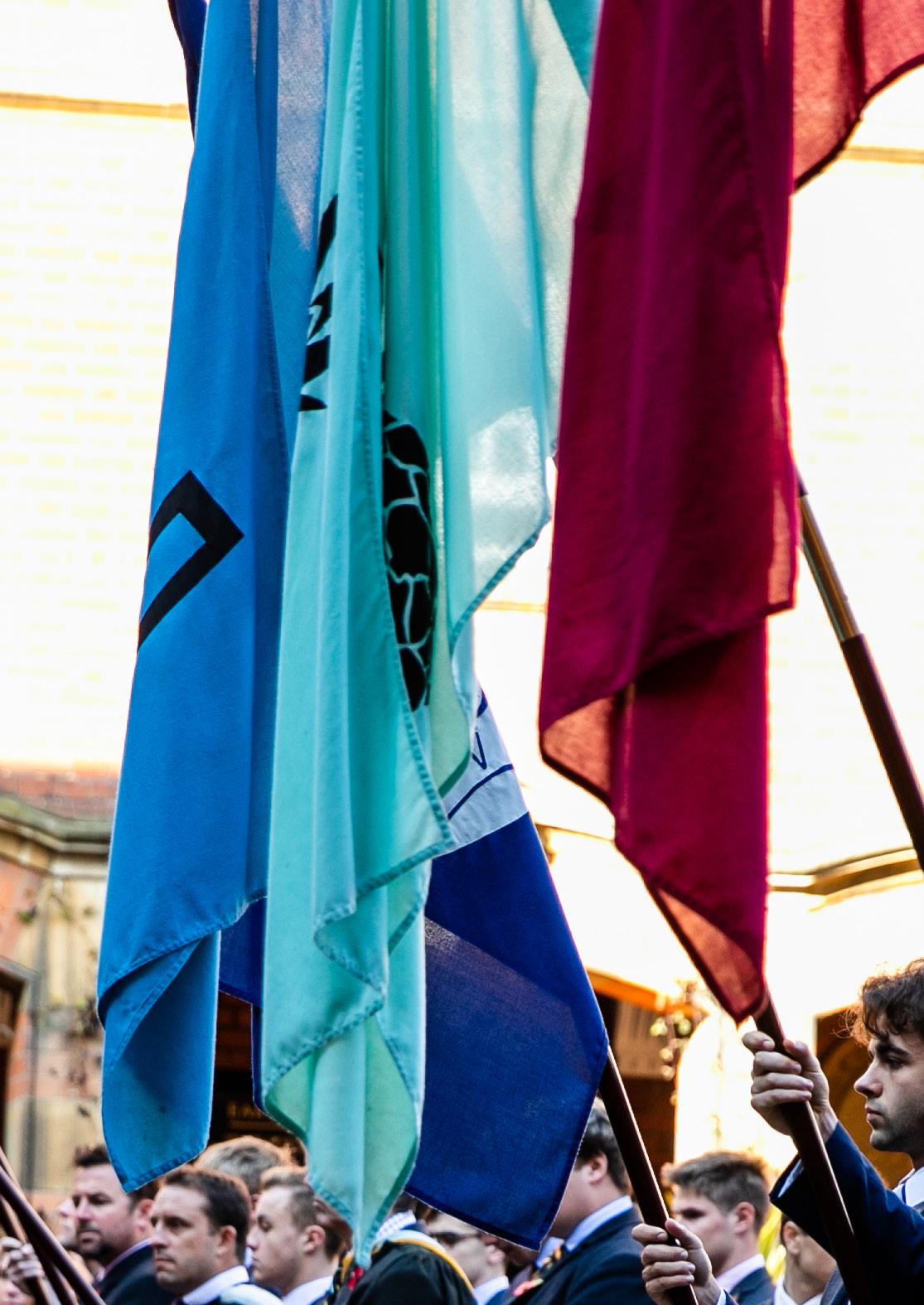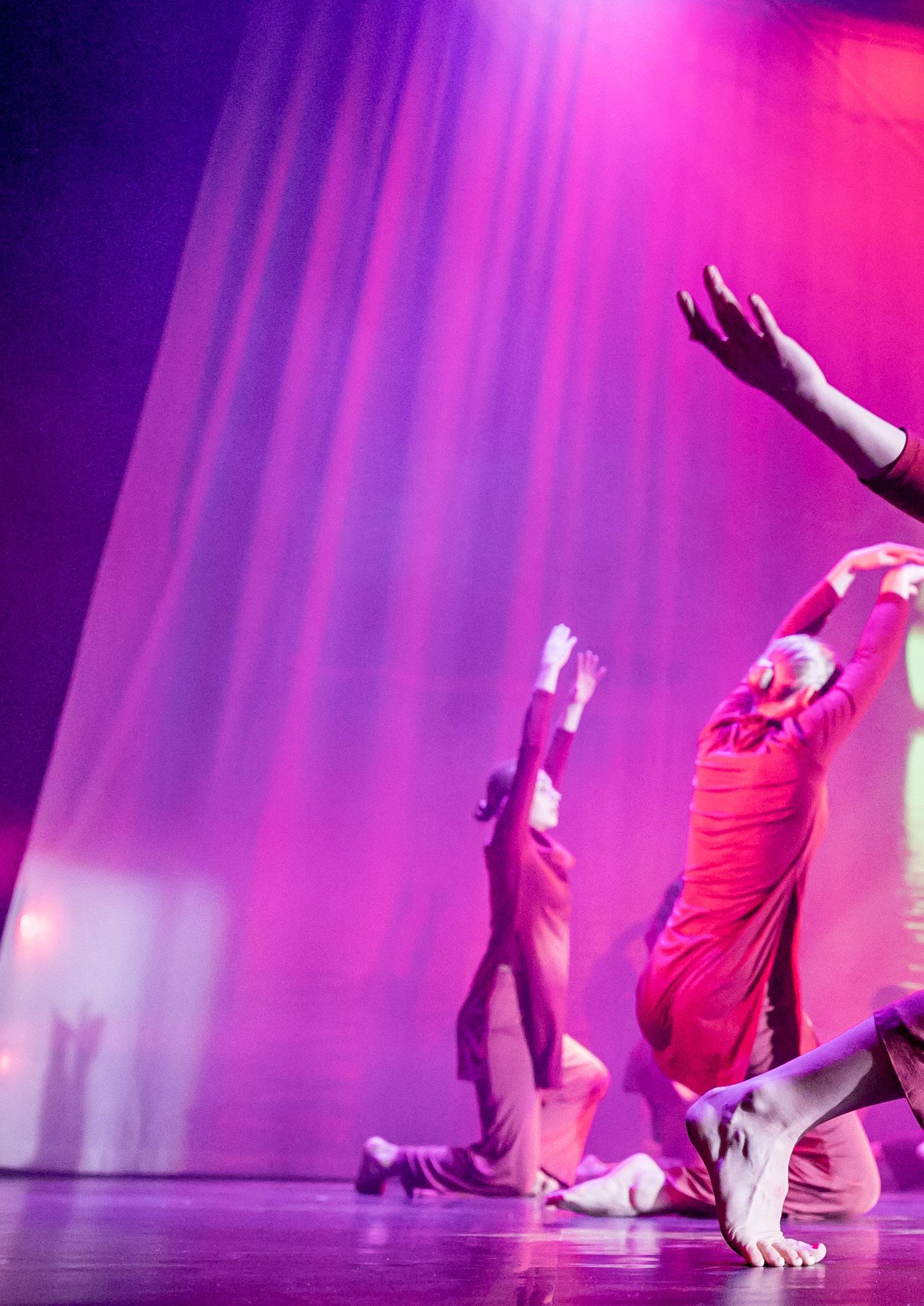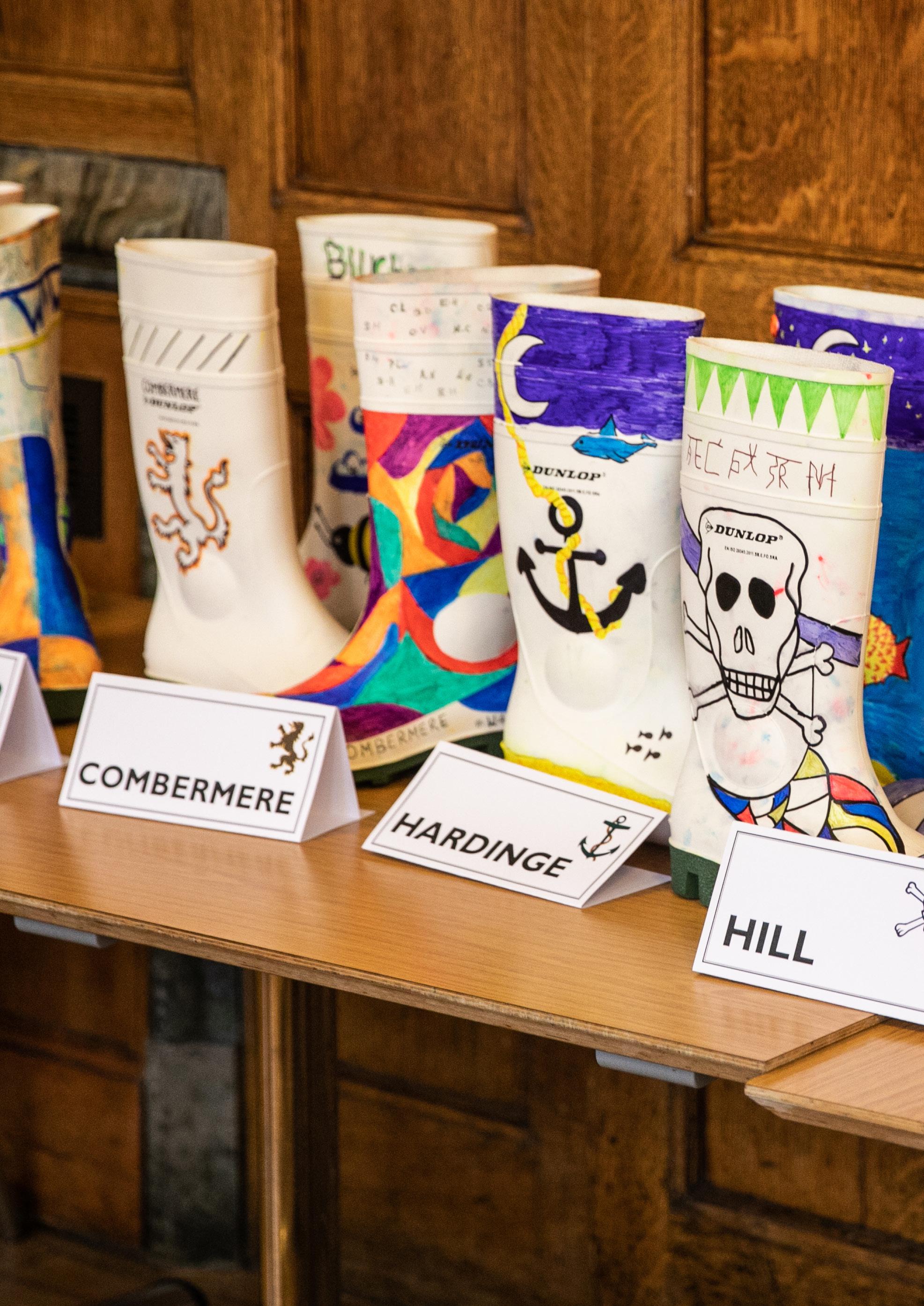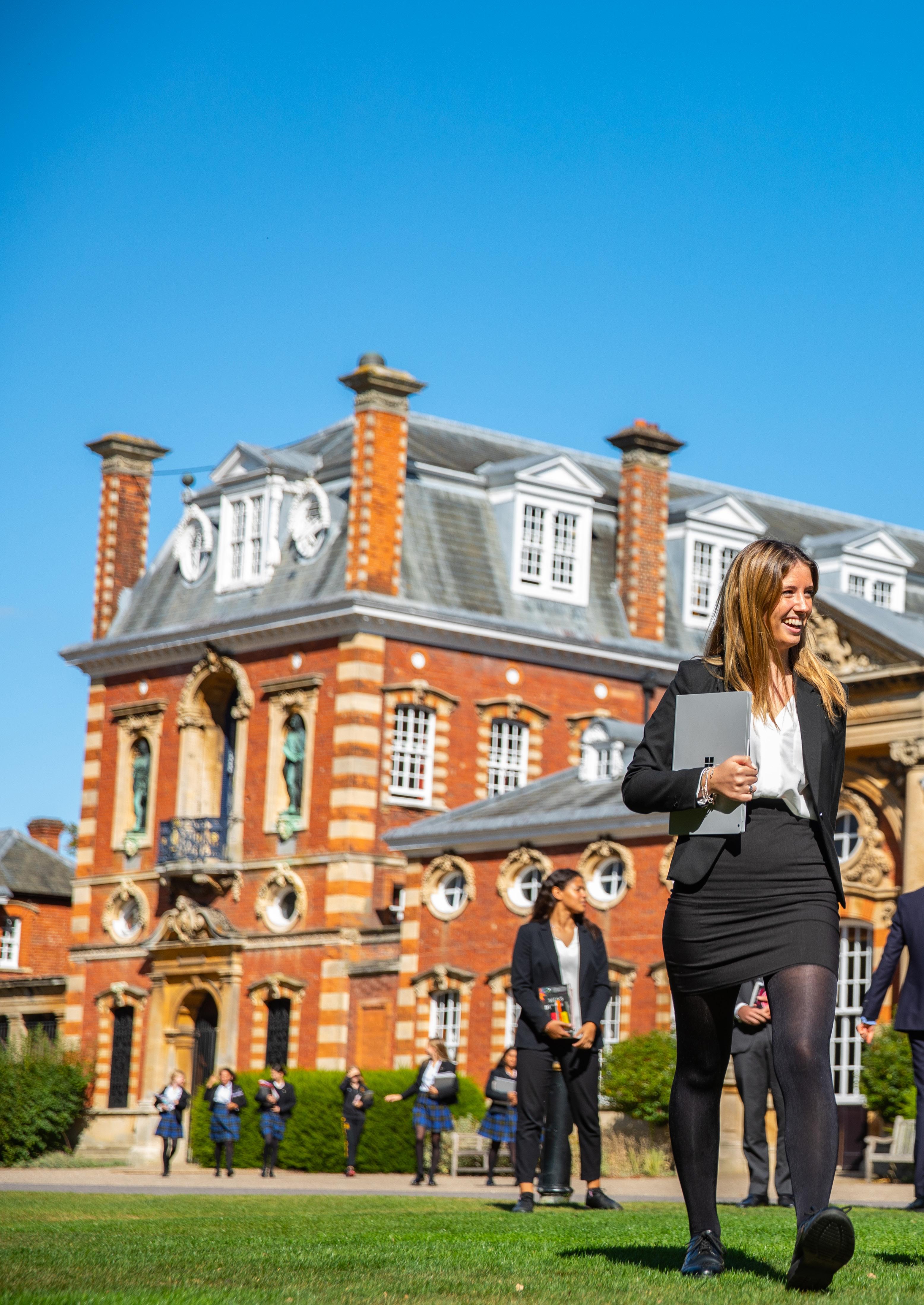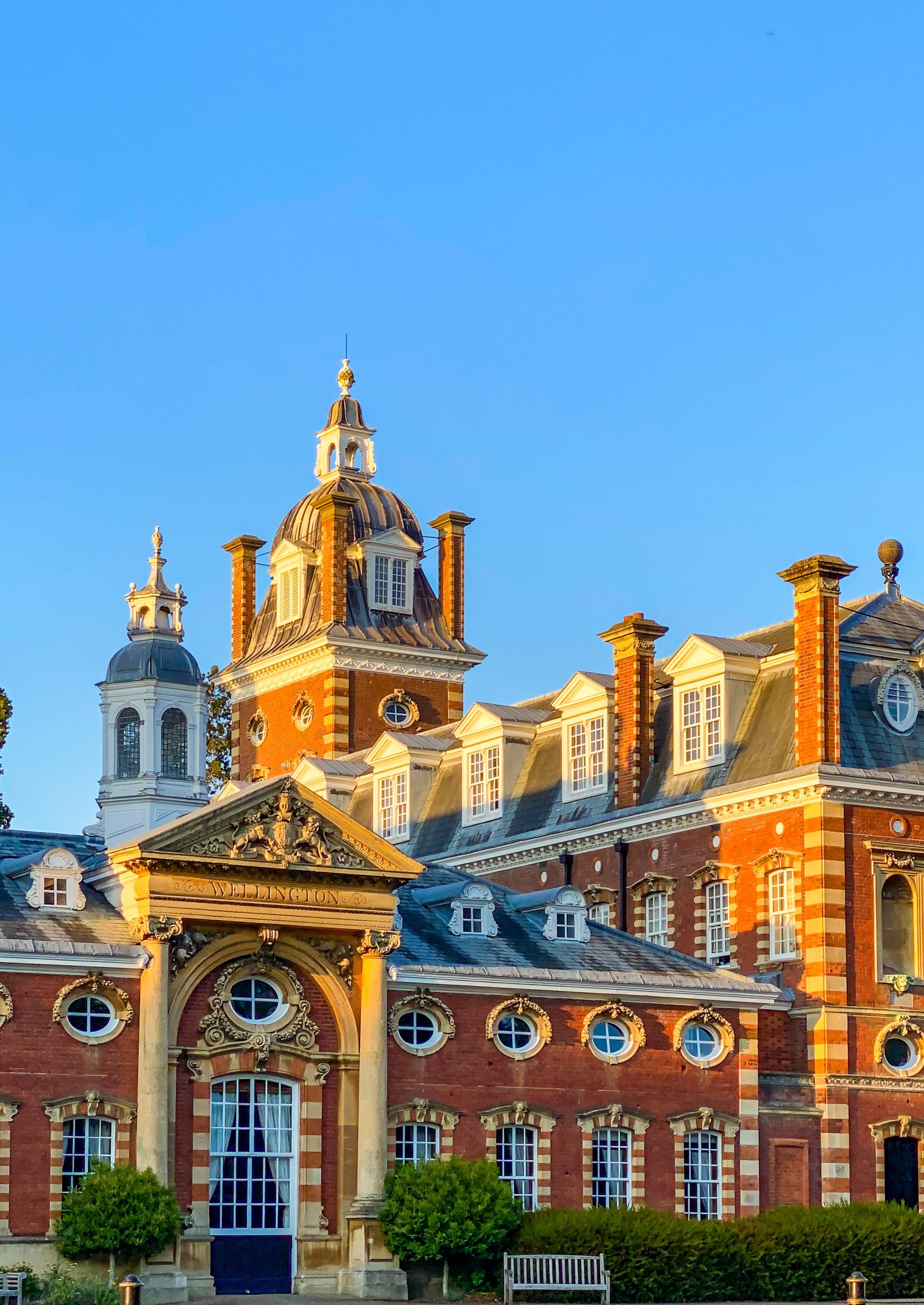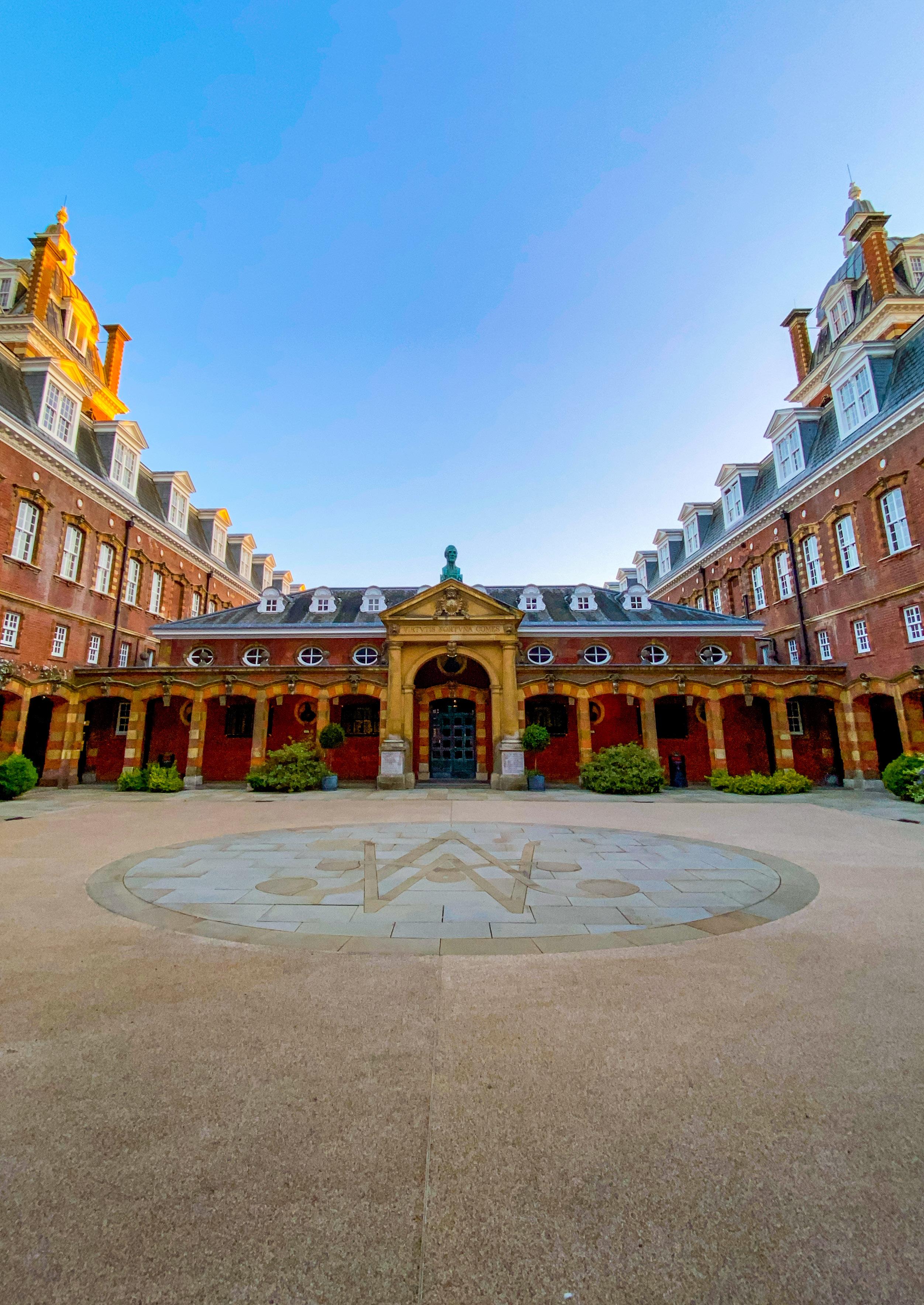wellington college yearbook 19/20
In Memoriam Bruce Wannell (S 70)
Bruce Wannell’s only attempt at a traditional career came in his early twenties when he signed on with the Inland Revenue to become a tax inspector in Finsbury Park in north London. The story goes that this unlikely calling ended after two months when, on his way up the stairs to resign, he met a man coming down the stairs to sack him. From there Wannell, who was a free spirit, an outsider, and a man with a deep knowledge of the Islamic world, never looked back. Inspired by a yearning for adventure and a dream of travelling around north Africa and south Asia that he had cradled since his undergraduate days at Oxford, he set off on what became a lifelong journey, developing skills along the way as a translator, lecturer and guide. He was drawn perhaps as much by the mysteries of Afghanistan, Pakistan, Iran and India as he was repelled by a bitterly unhappy relationship with his father, later replicated by strained relations with his two brothers.
162
Wannell travelled like a Victorian and followed in a long line of eccentric English orientalists, embedding himself in the fabric of the places he chose to visit. This was exemplified by his lengthy residency in Peshawar in the late 1980s where he had initially worked for the British charity Afghanaid, assisting Afghan refugees. That organisation was based in the genteel suburb of University Town, with its Englishstyle country villas and walled gardens, but Wannell soon opted for far less salubrious quarters downtown near the bazaar. There he was in his element, affecting local dress, speaking fluent Pashto, organising soirées at which Afghan singers and instrumentalists played and studying in preparation for his conversion from Anglicanism to Islam, which he celebrated with a circumcision party. Wannell adored Afghanistan and travelled across it on horseback during the civil war, a feat that underlined that while he may have been something of an aesthete and most precise in dress and diction, he was tough and endured hardship and illness on the way with equal stoicism.
162
His other great passion was Iran and the Persian language, which he read and spoke fluently among at least eight others, including Arabic and Urdu. He lectured on Persian poetry, mysticism and music and became an expert on Islamic epigraphy and calligraphy. He was in Iran teaching English and French at Isfahan University during the revolution in 1979 when a close friend was killed, an experience that affected him deeply. This facility in Persian formed the backdrop to perhaps his greatest legacy, the work he did translating Persian and French texts for the celebrated historian William Dalrymple. Wannell worked with Dalrymple on all four of his histories of the East India Company, the first of which, White Mughals, is dedicated to Wannell. The two men worked together for months at Dalrymple’s farmhouse near Delhi where Wannell installed himself on his own terrace, creating his “Hanging Gardens of Bruce”, where he hosted Persian concerts. Dalrymple revered Wannell’s depth of knowledge. “He was probably the best
